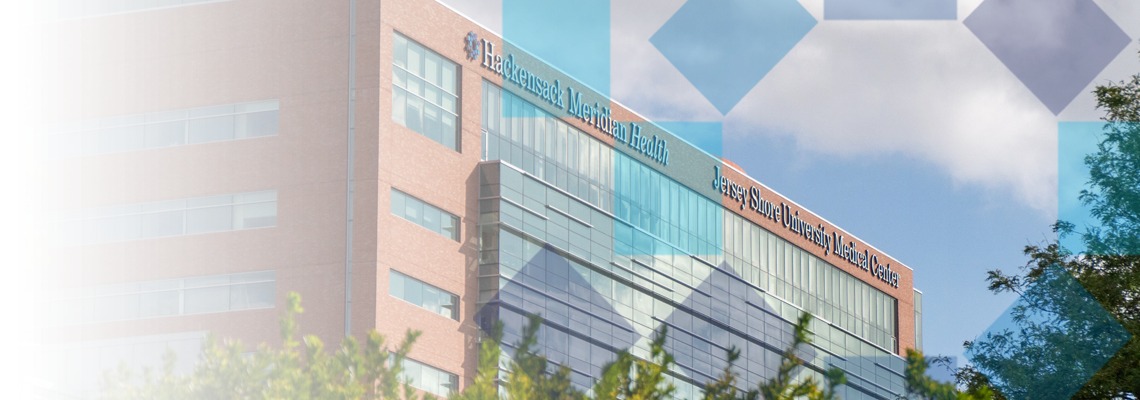

Florence M. Cook School of Medical Laboratory Science Essential Functions
Essential functions are the knowledge, skills, and attitudes that the student must possess in order to complete the program curriculum. A student must be able to comply with the essential functions or request reasonable accommodations to perform them. Essential functions include, but are not limited to, the following:
Intellectual
The MLS student must be able to:- Possess a broad range of intellectual skills necessary to master the complex body of knowledge contained in the clinical laboratory science program and its clinical laboratory components.
- Read, recall, comprehend, analyze, and apply material taught in the classroom and in clinical areas.
- Successfully participate in academic laboratory activities and complete MLS assessments, including those requiring basic computer literacy.
- Develop a method for prioritizing responsibilities and calmly performing multiple tasks in a fast-paced environment.
- Apply critical thinking to relevant subject matter, answering higher-level questions, and solving case studies.
- Interpret data and use intellectual skills to unexpected observations or outcomes of laboratory test procedures.
Visual
The MLS student must be able to:
- See detailed increments on pipettes, as well as, read charts, graphs, laboratory instrument displays, and computer monitors.
- Distinguish various degrees of clarity in solutions and laboratory specimens, ranging from clear to opaque.
- Distinguish cellular components on stained and unstained smears using a compound bright field microscope.
- Differentiate color reactions from very light to darkly colored hues.
Manipulative Skills
The student must be able to:
- Precisely manipulate microscopes, dials, computer keyboards, on/off switches on lab instrumentation, and any other laboratory equipment which requires fine motor skills.
- Reach for supplies on the laboratory bench and pick up small objects such as test tubes, microtainers, capillary tubes, glass slides, timers, and other relevant lab supplies.
- Control rubber bulbs or disposable pipettes to transfer and aliquot liquids from one container to another.
- While working in a routine Microbiology area, streak specimens on primary media using smooth movements with a loop on the agar plates, without causing tears or cuts.
- Perform troubleshooting on instruments using fine-motor skills with small parts, such as micro-tubing.
- Possess the ability to perform continuous / repetitive practices during laboratory procedures.
- For safety purposes, the hands must be able to feel heat and cold for work with various heating blocks, water baths, and cold objects.
- The student should also be able to palpate veins for venipuncture on patients.
Communication Skills
The MLS student must be able to:
- Read and communicate effectively using written and spoken English; ask and answer appropriate questions, as needed.
- Correspond clearly via both person-to-person and using the telephone / other communication devices common in the healthcare setting, to communicate with coworkers, staff, and patients.
- Respond to spoken instructions, warning beeps, alarms, and overhead announcements.
- Appropriately assess nonverbal clues or actions, in addition to verbal communication.
- Adhere to all confidentiality standards and ethical guidelines, for both patients and other hospital team members, or appropriately report infractions if necessary.
Locomotion
The MLS student must be able to:
- Move from one location to another without undue hardship.
- Navigate classrooms, bathrooms, hallways, and elevators with sufficient ease.
- Sit and/or stand for extended periods of time.
Attitudes and Behaviors
Aside from the intellectual and physical requirements, the student must be able to exhibit stable emotional health and respond appropriately to all kinds of stimuli in the laboratory environment.
The MLS student must be able to:
- Accept and follow rules and regulations regarding proper behaviors.
- Exercise good judgment, and take responsibility if incorrect actions are performed.
- Accept and utilize constructive criticism from all instructors when provided.
- Display professional behavior by treating others with respect (patients, teachers, peers, bench instructors and other team members).
- Work cohesively as a team.
Safety
The MLS student must be able to:
- Work safely while using potential chemical and biological hazards.
- Follow prescribed guidelines for working with all potential hazards, including those of a mechanical and electrical nature.
- Read and properly follow all laboratory policies and procedures, as they are written, to best avoid errors and/or injury.
All applicants who are accepted into the program must sign and return the Essential Functions agreement, with the commitment statement, indicating that they understand these requirements.